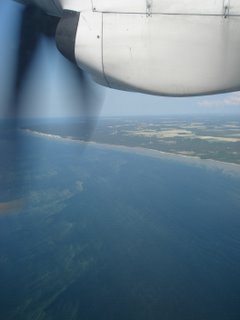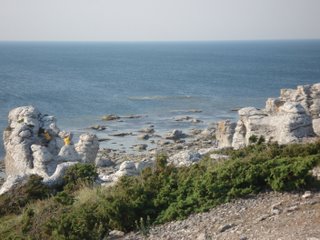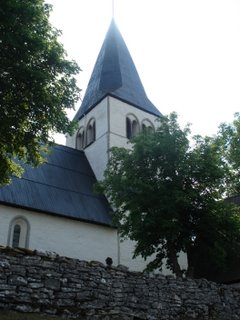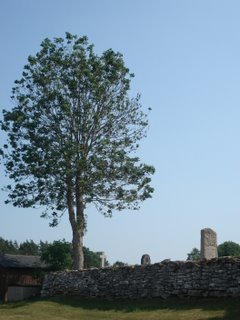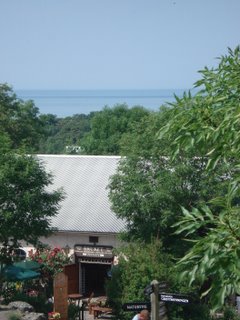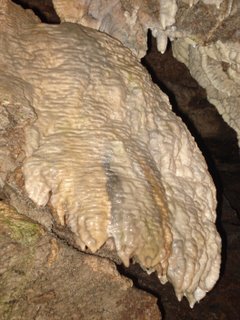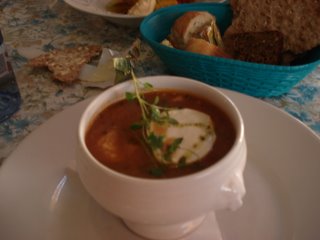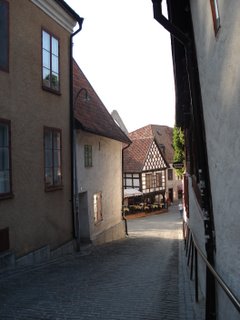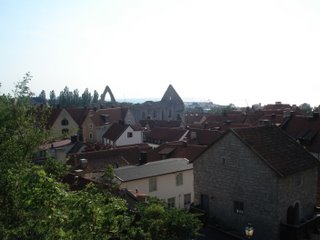Dear bloggers, I'm off to Bosnia for the first time in my life. A bit of discovering to do there. I still cannot understand how concentration camps could exist in Europe only roughly a decade ago. How my colleague's grandmother was set on fire by Serbs, how my other colleagues father, brother and nearly half of her family were massacerd while the world stood by remembering the Holocaust that took place nearly 50 years earlier, yet letting it happen again not far from the last place of autrocities.
I think about my neighbour who told me how she used to live next door to Serbs and they used to have garden parties together, celebrate each others religious festivals and one day, overnight, that very neighbor tried to kill her husband.
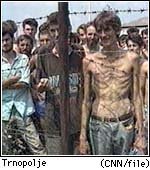
The man in the front weighing 48 kg is Fikret Alic, at the concentration camp in Trnopolje in 1992. If you read on the net about this famous picture that circled around the media world taken by a British newsteam, you will find a few articles where other people have accused the picture of being fake and that it was not a concentration camp. Fikret Alic now resides in Sweden, and happened to be my neighbours father in law, and I heard the story firsthand from him.
Why? How can it happen? How come human beings can be driven to such sudden extremes?
I am aiming to meet up with my colleague in Sarajevo, hopefully. She wasn't sure she could make it because they had recently found the bodies of yet more of her relatives, and there would be yet another mass funeral in her hometown. They had found the body of her uncle a few years ago and when her mother went to identify it they realised the head belonged to someone else...
I'll be visiting my dearest friend, who together with her parents and sister have worked hard to try and rebuild the life that was suddenly taken away from them, yet with the harsh reality staring them in the face, that there are still landmines to be found, in the heart of Europe, around their summer house.
One thing I have learnt from the Bosnian people I have met throughout my life here in Sweden is that mankind is a master at recovery and life truly goes on. I hope to visit the historic Ottoman bridge in Mostar (built in 1566) that was rebuilt after it was bombed by Croat artillery in 1993, and I hope to visit the recently discovered so far 9 pyramids not far from Sarajevo. And above all, I hope to make sense of what happened to a whole nation, overnight, for I cannot forget the look in the eyes of my colleague when she talks about what happened to her. That blank, empty, "tears have run dry" stare left its mark on me and compelled me to make a visit to this forgotten land.
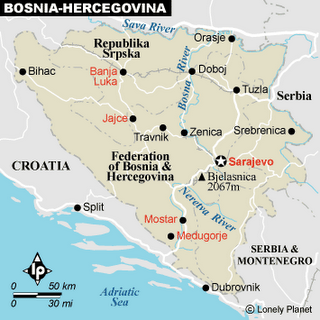
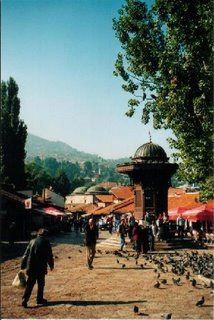
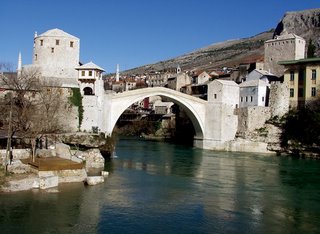
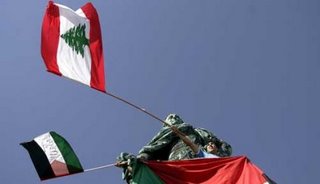

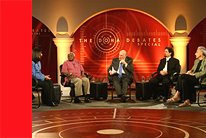
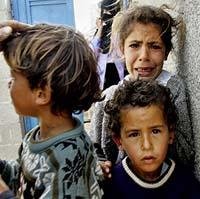
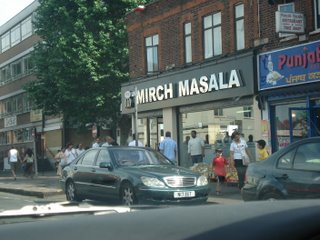
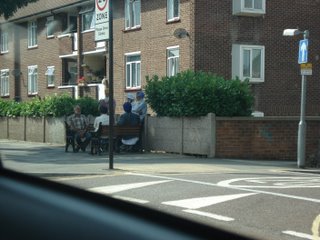
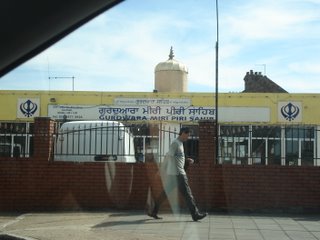
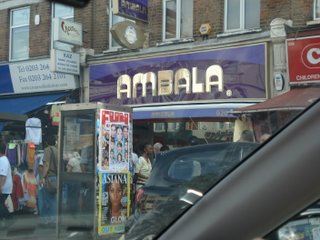 Ambala
Ambala

